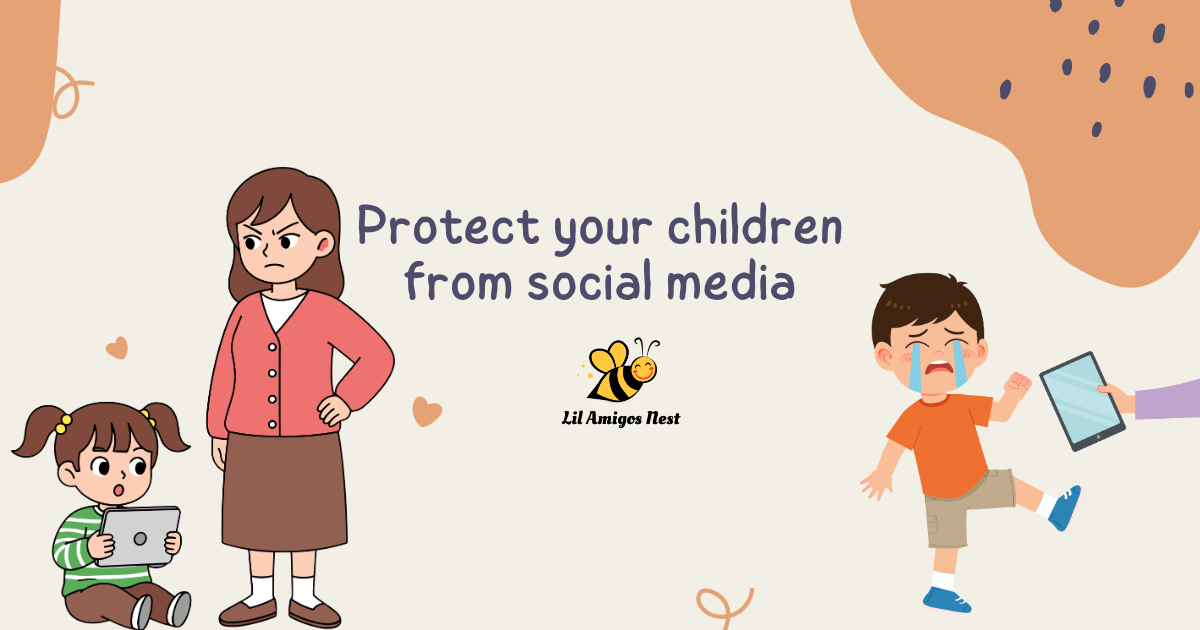Answers to 30 Most Frequently Asked Questions by Parents

Raising children is a journey full of joy, challenges, and constant learning. This FAQ-style parenting blog serves as your go‑to parenting guide, offering clear parenting tips and answers to the most asked questions by parents. Whether you’re coping with toddler behavior, navigating child development milestones, or seeking advice on everyday parenting struggle, you’ll find straightforward solutions here.
In this confident parenting blog post, we address core parenting questions to help you tame tantrums, boost healthy growth, and strengthen the parent‑child bond. From newborn feeding to teenage mood swings, our parenting tips cover every stage, giving you the reassurance you need as you guide your children toward happy, healthy lives.
1. How do I know if my baby is getting enough breast milk?
Look for 6–8 wet diapers per 24 hours, steady weight gain, and contentment after feeds. Babies who latch well and swallow audibly are usually feeding adequately. Consult a lactation consultant if you see fewer diapers or poor weight gain.
2. When should I introduce solid foods?
Between 4–6 months, once your baby can sit with support, shows head control, and shows interest in food. Start with iron‑fortified cereals or pureed vegetables and fruits, introducing one new food every 3–5 days to spot any allergies.
3. How do I handle colic and excessive crying?
Use gentle rocking, white noise, tummy massages, and tummy time after feeds to relieve gas. Keep a calm environment, experiment with feeding positions to reduce swallowed air, and try a pacifier. If crying persists beyond three hours a day, speak to your pediatrician.
4. What are safe ways to relieve gas in infants?
Burp your baby frequently during feeds, use bicycle‑leg movements, and give a warm bath. Place them on their tummy across your lap and gently pat their back. Avoid overfeeding and keep feedings calm to minimize swallowed air.
5. How much sleep does my toddler need?
Toddlers (1–3 years) generally need 11–14 hours of sleep, including naps. Establish a consistent bedtime routine—bath, story, lullaby—to signal that it’s time to wind down.
6. How can I manage toddler tantrums effectively?
Stay calm, offer simple choices (“Red cup or blue cup?”), and use distraction or humor. Acknowledging feelings (“I see you’re upset”) helps toddlers feel heard. Set clear, consistent limits and reward positive behavior with praise or stickers.
7. When should I start potty training?
Most children show readiness between 2–3 years: staying dry for 2 hours, communicating the need to go, and showing interest in the potty. Use encouragement, a small potty chair, and avoid starting during major life changes.
8. How can I help my child develop good eating habits?
Offer a variety of healthy foods without pressure. Make meals colorful and interesting. Model balanced eating yourself. Avoid using sweets as a reward and keep snack times structured.
9. How do I set healthy screen‑time limits?
For children under 2, avoid screen time except video calls. For ages 2–5, limit to one hour per day of high‑quality programming, co‑viewed with a parent. For older kids, set consistent rules, designate screen‑free zones, and encourage alternative activities.
10. What’s the best way to discipline a preschooler?
Use time‑outs of one minute per year of age, logical consequences, and clear expectations. Praise good behavior immediately. Keep explanations short and focus on teaching rather than punishing.
11. How can I boost my child’s emotional intelligence?
Name feelings (“You look happy!”), validate emotions (“It’s okay to feel sad”), and teach coping strategies like deep breathing. Role‑play scenarios to practice empathy and problem-solving.
12. How do I encourage my child to read?
Read aloud daily, let them choose books, and create a cozy reading nook. Set an example by reading yourself. Ask open‑ended questions about stories to spark curiosity.
13. How can I help with my child’s separation anxiety?
Practice short separations, use goodbye rituals, and reassure them you’ll return. Keep departures calm and quick. Establish routines so your child knows what to expect.
14. When should I be concerned about my baby’s development?
If your baby isn’t meeting milestones like smiling by 2 months, sitting by 6 months, or babbling by 9 months, discuss with your pediatrician. Early intervention can make a big difference.
15. How do I soothe a teething baby?
Offer chilled (not frozen) teething rings, gentle gum massages with a clean finger, and cold washcloths. Avoid teething tablets or gels with benzocaine.
16. How can I help my child make friends?
Arrange playdates, enroll in group classes, and teach sharing and turn-taking. Role-play social scenarios and praise kind behavior.
17. What age is appropriate for a mobile phone?
There’s no one-size-fits-all. Many experts recommend waiting until at least 12 years old. Focus first on responsibility, digital literacy, and balancing screen time with real-world activities.
18. How do I handle picky eating?
Offer small portions of new foods alongside favorites. Involve kids in meal prep and grocery shopping to spark interest. Avoid pressuring—they’ll often try on their own timeline.
19. How do I teach my child responsibility?
Assign age‑appropriate chores and praise effort. Use chore charts and allow small allowances tied to tasks. Make responsibility fun with games and rewards.
20. How do I talk to my child about bullying?
Create an open dialogue. Explain what bullying is and encourage them to share experiences. Role‑play how to respond assertively and seek help from teachers or trusted adults.
21. How can I build my child’s self‑esteem?
Celebrate effort more than results. Encourage new challenges and praise persistence. Focus on strengths and avoid comparisons with siblings or peers.
22. How do I set screen‑time rules for teenagers?
Collaborate on rules—limit social media after bedtime, designate tech-free family meals, and agree on weekly device-free activities like sports or board games.
23. When should I worry about my child’s weight?
If your child’s growth curve suddenly changes or they gain weight rapidly, consult your pediatrician. Focus on healthy family meals and active play rather than dieting.
24. How do I support a shy child?
Encourage small social steps, praise bravery, and don’t force large group situations. Partner with teachers to foster social opportunities in the classroom.
25. How can I strengthen my parent‑child bond?
Spend one-on-one time daily—read, play games, or chat about their day. Show affection, listen actively, and be fully present without distractions.
26. How do I teach my child about money?
Use a clear jar for allowances, let them earn by doing chores, and discuss savings goals. Play “store” games to practice spending and saving.
27. How do I help my child cope with stress?
Teach deep breathing, encourage hobbies, and maintain routines. Be a calm role model—kids learn stress management by watching you.
28. When is it time for extracurricular activities?
Around age 5–7, start with one activity based on your child’s interest. Keep schedules balanced—avoid overbooking—and let them drop activities that no longer spark joy.
29. How do I prepare my child for school?
Establish morning and bedtime routines, practice basic letters and numbers through play, and visit the school together to reduce first-day jitters.
30. How can I maintain my well‑being?
Make “me time” non‑negotiable: join a parent group, exercise, or pursue a hobby. Ask for help from family or friends, and remember that self-care makes you a better parent.
Feel empowered knowing that every challenge you face as a parent—from sleepless nights to temper tantrums—is shared by millions, and with the right strategies, you can turn those struggles into growth opportunities for both you and your child. We hope these FAQs and tips serve as a handy parenting guide you can return to again and again. For more resources, visit lilamigosnest.com or drop a comment below to share your questions and experiences—because together, we make parenthood a little bit easier (and a lot more joyful).






















Please complete your information below to login.
Sign In
Create New Account